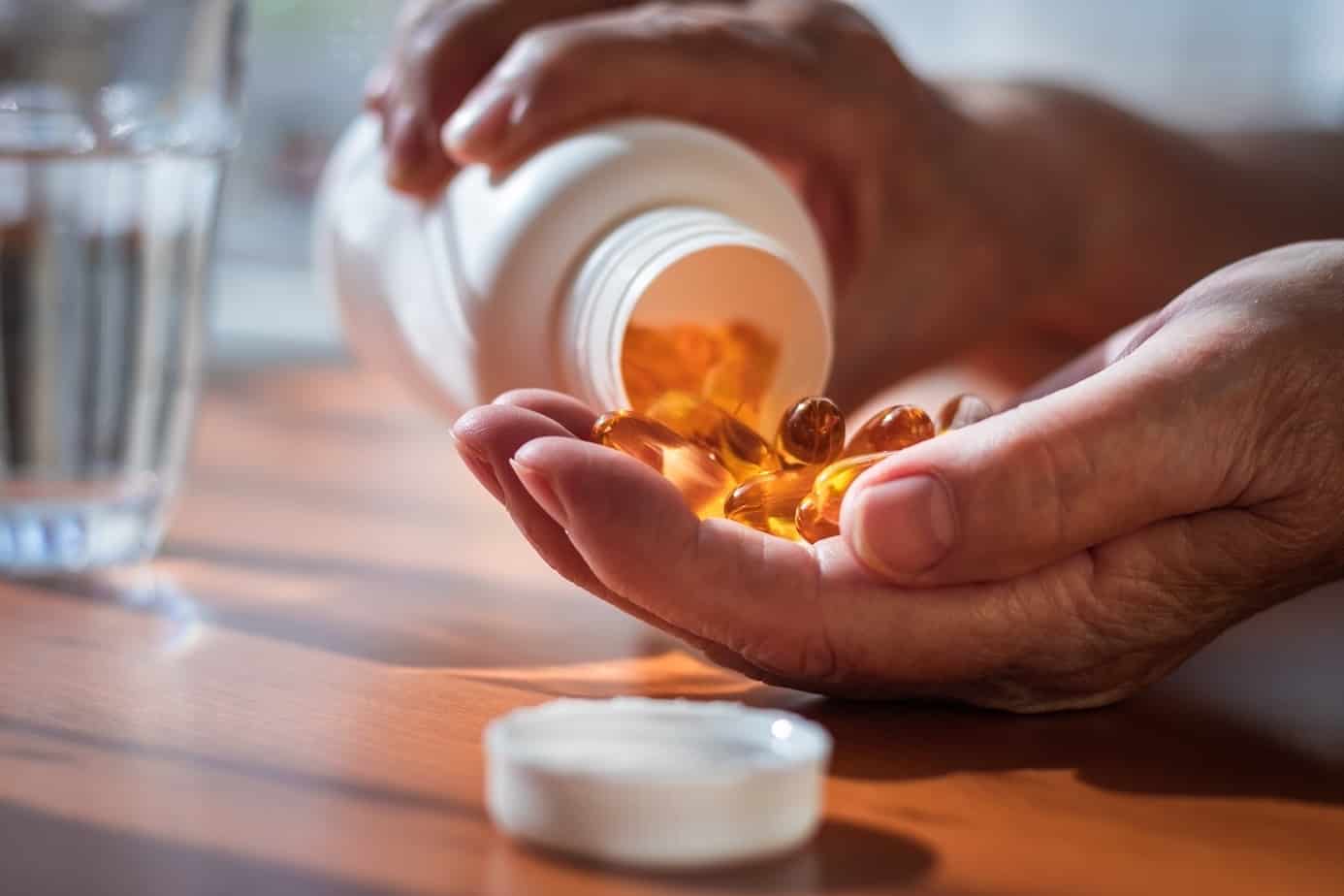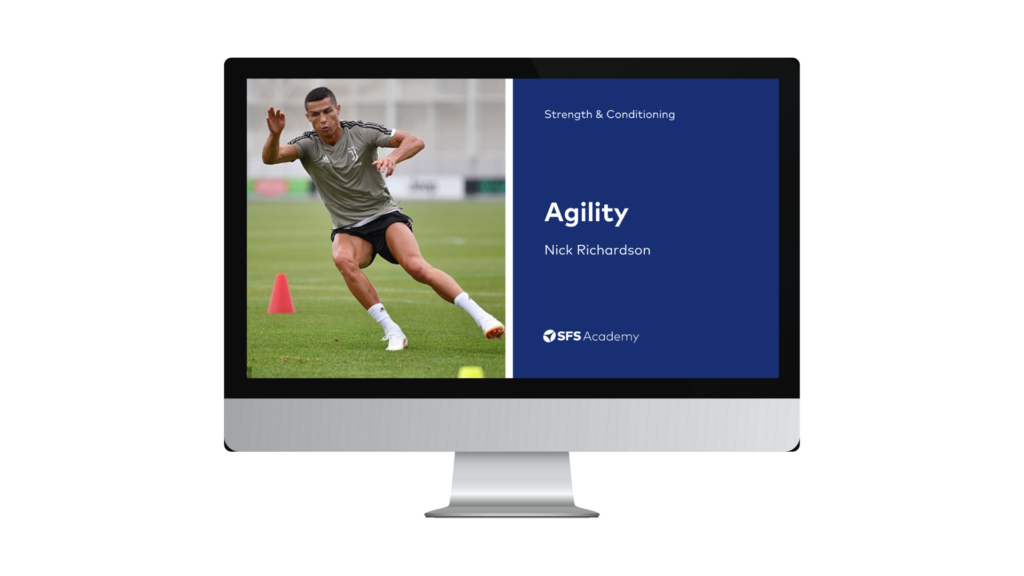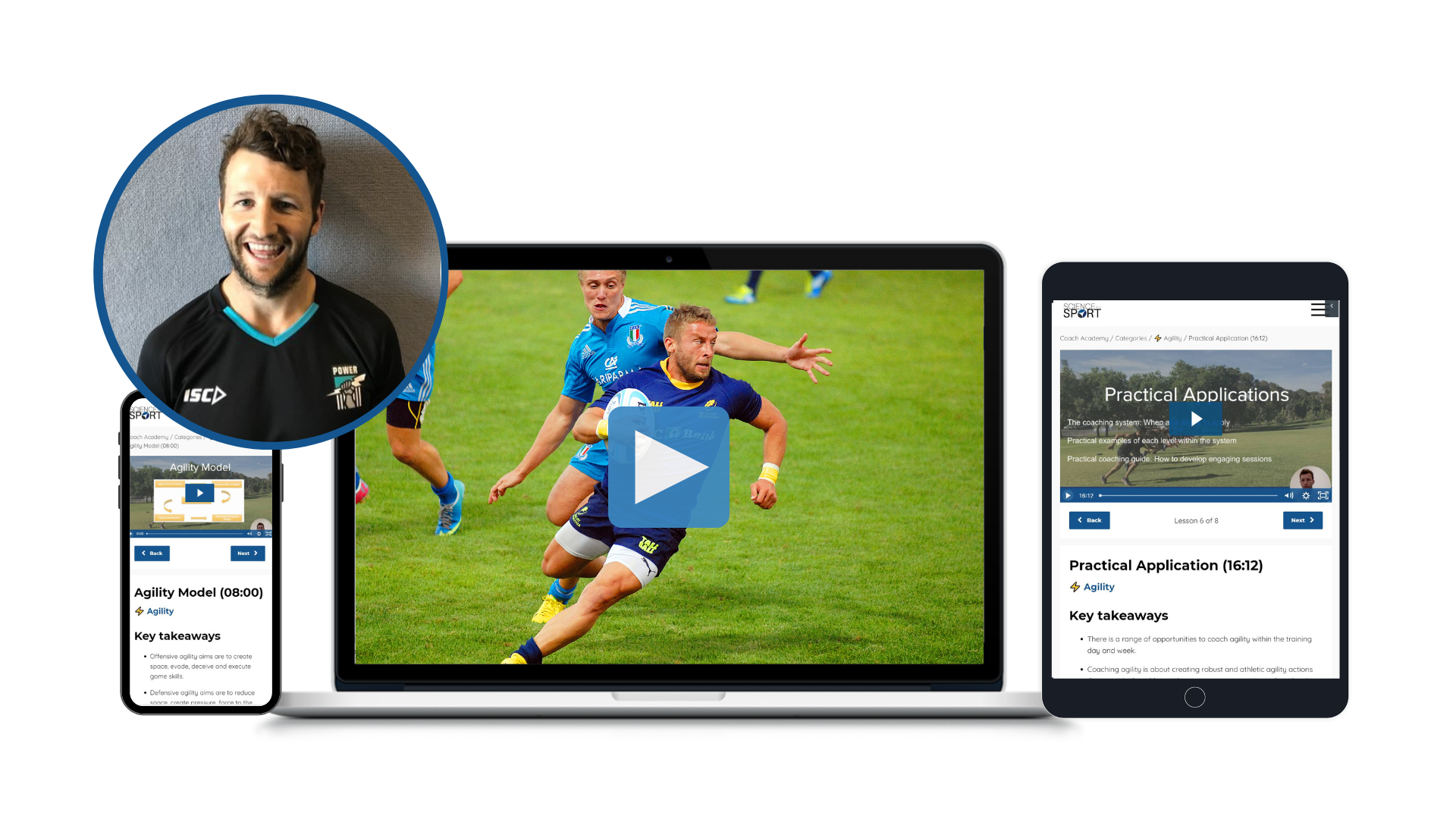Supplements in sport: What are the benefits and risks?
From powder-based proteins and creatine, to gel- and gummy-based caffeine and carbohydrates, performance supplements are sold to professional athletes and weekend warriors alike. But what exactly are the advantages and risks?
Benefits and risks of supplement usage in sports
Sports supplements have been used for decades to improve the performance of athletes from multiple sporting codes. Labeled as ‘ergogenic aids’ due to their ability to give athletes a physical or psychological boost during training and competition, performance supplements are produced in a number of different formats. From powder-based proteins and creatine, to gel- and gummy-based caffeine and carbohydrates, performance supplements are sold across the globe to professional athletes and weekend warriors alike.
But what exactly are the advantages of taking supplements? Some of these benefits include: increased resistance to fatigue, increased technical and sprint performance, improved muscular power and strength, greater sprint repeatability, and improved reaction time.
However, although these products have been shown to improve performance, the question is: are they safe for athletes to consume? The World Anti-Doping Agency (WADA) was established in 1999 and aims to assess professional athletes from all professional sporting codes and determine whether any banned substances have been used to enhance their performances. WADA releases a list of banned substances (which is updated regularly), and supplement manufacturers are responsible for reviewing this list regularly to ensure their products do not contain any of the listed prohibited substances.
Should an athlete test positive for a banned substance through WADA’s anti-doping processes, they may face up to four years on the sidelines (some may even face lifelong bans for severe infringements on the WADA code).

Growth of the supplement industry
A report published in 2021 estimated the global dietary supplement market to be valued at $US272.4 billion by 2028. The report, using data to forecast the industry’s growth to 2028, highlighted the growing demand for dietary supplements across the globe. From proteins and amino acids, to carbohydrates and omega fatty acids, the need for easily accessible products has grown rapidly across all major continents. Most recently, the COVID-19 pandemic has resulted in the demand for vitamins to skyrocket and fuel the demand for dietary supplements even further.
However, as mentioned above, not all supplements are safe for athletes to consume. Using a product that may contain banned substances can have serious consequences on both the health of the athlete and their future in the sport. There is a major risk in buying over-the-counter products without proper consultation or direction from trained professionals, and many athletes have fallen prey to this mistake, including Samir Nasri, Mamadou Sakho, “Fred” Rodrigues de Paula Santos, and even Pep Guardiola.
While the industry continues to boom, the risk of uncontrolled products increases proportionally. Most supplements are manufactured in major facilities, and therefore these products can sometimes contain traces of other ingredients not listed on the product’s container (think of a food item that lists ‘may contain nuts’ on their packaging). So while the product says it only contains certain ingredients, this is not always true.
For this reason, third-party product testing agencies were established to test products for traces of banned substances. This led to the creation of the Informed Sport certification program in 2008 to tackle this issue and protect consumers.
Informed Sport and Informed Choice Protection
Informed Sport provides confidence to athletes on more than 3,000 supplements that are tested for contamination. Through the LCG (or Laboratory of the Government Chemist), each tested batch of products from the respective supplement company’s range is screened and stamped with the Informed Sport’s logo (shown below) to assure consumers it is safe for use. However, this process comes at a cost to the supplement company.

There are other forms of certification, namely Informed Choice, Informed Ingredient and Informed Manufacturer. These programs are geared to improve on Informed Sport’s process by doing monthly retail testing on completed products, and certifying raw ingredients and production sites before the manufacturing process begins. It is important to remember that even with these checks in place, there is still no guarantee products do not contain banned substances. However, there is no process that is more rigorous to ensure contamination of products is minimised and risk is reduced.
Barriers to safe supplement use
- Player and staff education
Although there are extensive testing and certification processes in place, there are still barriers to athletes being able to use safe products. Lack of nutrition education among staff and players can be a major stumbling block when it comes to knowing the benefits or risks of using sports supplements and knowing which products or brands are most appropriate to use (as can be seen from our list of players above). Generally, athletes will rely on the knowledge and experience of the staff in their club or association to guide them in a number of areas.
When it comes to nutrition and sports supplements, if staff and players do not possess adequate knowledge on the topic, they may be less inclined to use supplements, or they may be at risk of making poor purchases. It is therefore vital to encourage education on nutrition and sports supplements in coaching staff so they understand safe product programs (like Informed Sport), and also transfer that knowledge to their players. In this way, athletes may then understand that although many sports supplements can aid their performances, only those with the Informed Sport quality certification should be used.
Practical Tip – There are a number of product types out there that state they can help improve your performance as an athlete. However, it’s important to access information that is structured and shared by experts in the nutrition field. Some of the best open-access examples of this are the IOC consensus statement on dietary supplements and the high performance athlete, and recommended dietary supplements which are recommended for footballers, which is found on the Barcelona Innovation Hub.
- Access to batch-tested products
Another barrier staff and athletes may encounter is access to batch-tested products. Depending on where you are in the world, you may or may not have access to an extensive range of sport supplements brands. In some areas, the number of certified tested brands may be limited – either due to supplement brands not following testing and certification processes, or lack of supply of imported tested products. Due to the lack of availability, athletes may be inclined to consume the ‘next best thing’. This is a common mistake, as someone who doesn’t understand the associated risks will assume that one non-certified protein product from a manufacturer is just as good as their certified protein-product. However, this will place the athlete at a major risk, and these situations should be avoided.
While there may be a desire for players to utilise sports supplements to help improve their performance or recovery, it is not worth the risk of facing a lengthy ban. If you cannot gain access to a safe and tested product, it is advisable to wait until you can rather than take the risk of using a non-certified one.
Future support for clubs and athletes
With the access to information around both banned substances and tested products, it is important to create an educational program for athletes and coaches to subscribe to. Through education on what makes a sports supplement safe for consumption and what makes a sports supplement risky, staff and players will be able to make informed decisions around whether to use sports supplements or not.
With the number of new sports supplement brands growing each year, and the WADA banned substances list being updated regularly, staying abreast of the changes to the landscape is vital – ultimately, you are responsible for your own health and safety.
If you’re a concerned parent, athlete or coach and you’re interested in learning more about anti-doping education and how to keep sport clean, you can register on the WADA ADEL platform to take their free short interactive courses via their Academy page.
[optin-monster slug=”nhpxak0baeqvjdeila6a”]




